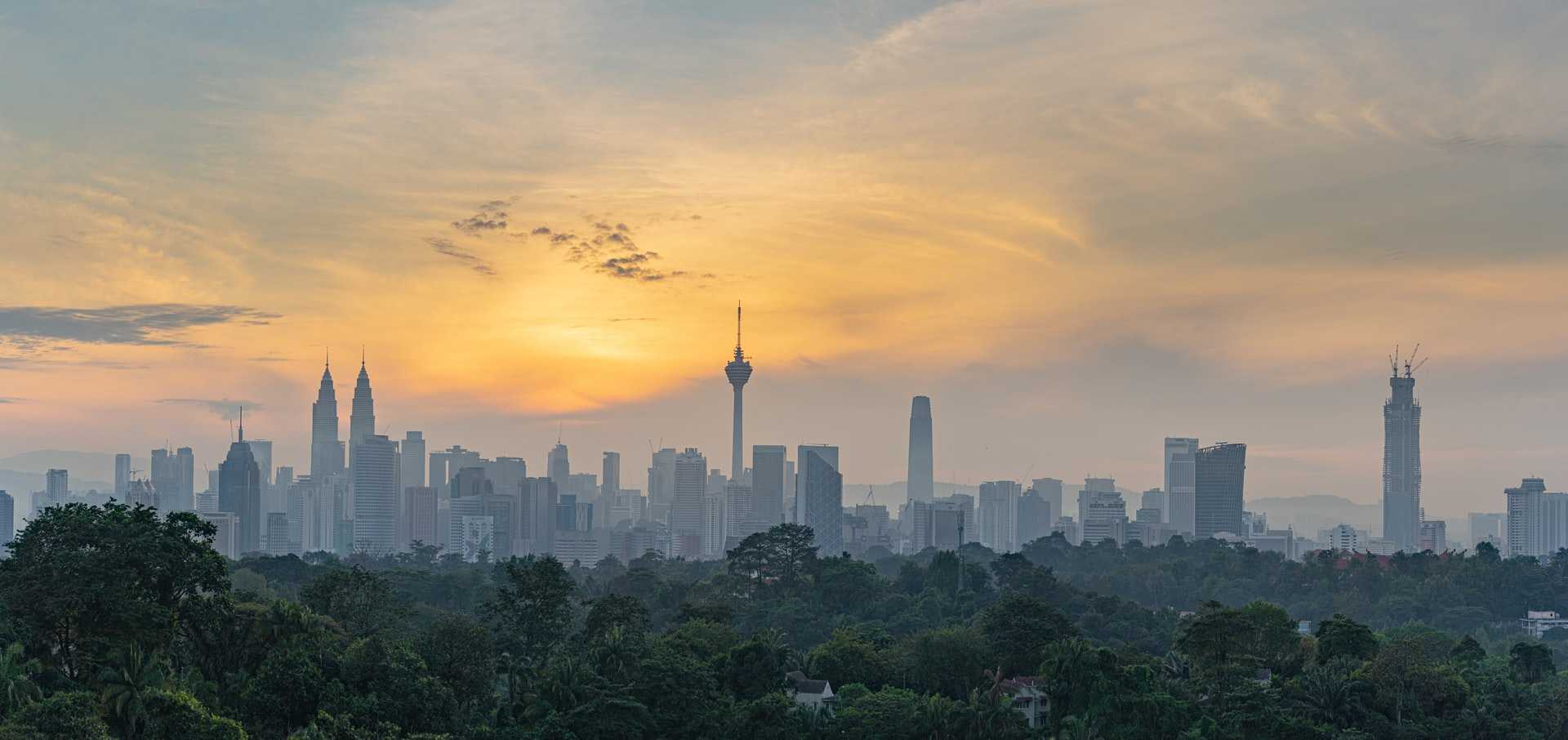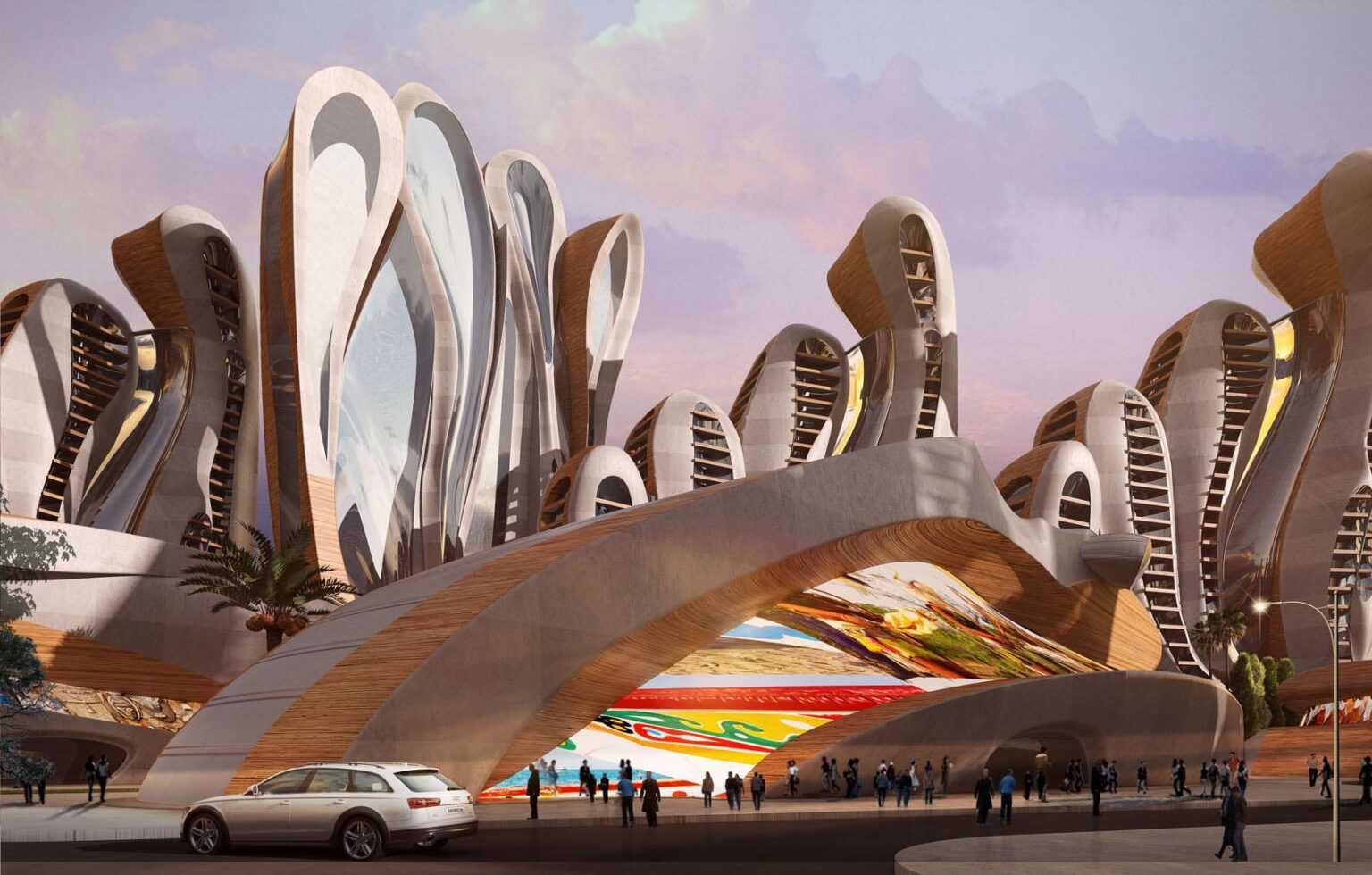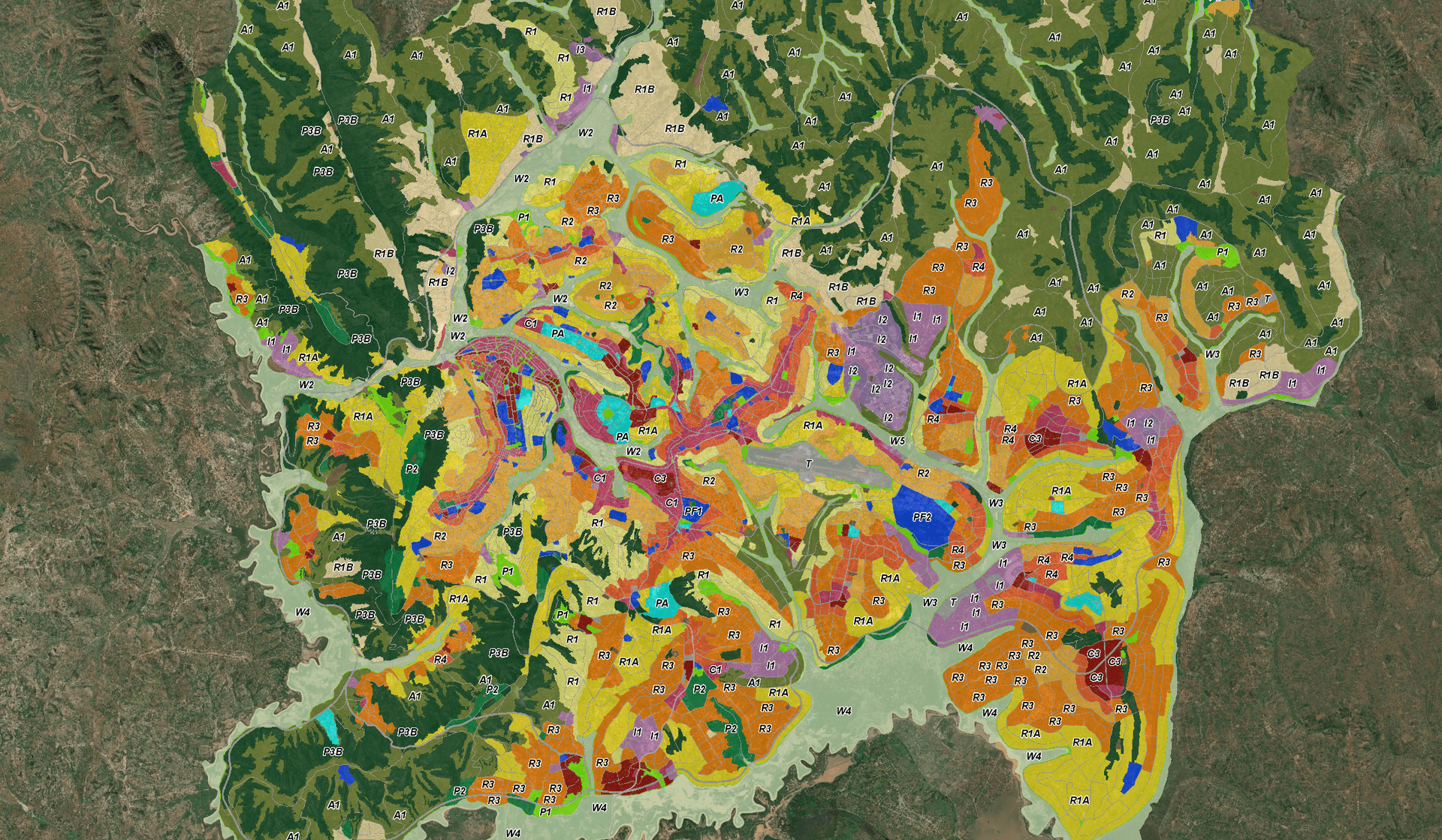
Decolonizing smart cities
From globalization to regionalization.
How likely? How soon? What impact?
A great deal of the urban fabric across the world deal was shaped by the assumptions and actions of post-war economic policymakers who sought to "develop" poor countries along Western models in the 20th century. That logic, advanced by global institutions like the World Bank and IMF, racked up some big achievements, but also attracted its share of critics. These efforts sought to reduce poverty and improve public health, but they also helped accelerate the extraction of resources from these regions and tied them more closely into the spheres of influence of Western powers.
Will the next wave of technology-enabled urbanization follow the same path? There's every reason to believe so, especially as China seeks to exploit urbanization in the Global South as a platform for exporting technology and expanding its own influence. American and European companies also see big opportunities lighting up the megacities of the global south with connectivity, AI, and automation.
In Africa, Latin America, and less-developed parts of Asia, these campaigns are making inroads. But powerful forces are pushing back, and world events may conspire to reinforce and aggregate their strength. Rather than falling under the sway of big national and global tech vendors, smart cities are more likely to remain a "quilted patchwork" of solutions and platforms procured from different providers. The more geopolitical conflict and rapid technological change plays out, the more we're likely to see other, more local sources of innovation rise up—and the potential for bigger South-South flows of urban tech innovation, already at work, won't be far behind.
Signals
Signals are evidence of possible futures found in the world today—technologies, products, services, and behaviors that we expect are already here but could become more widespread tomorrow.
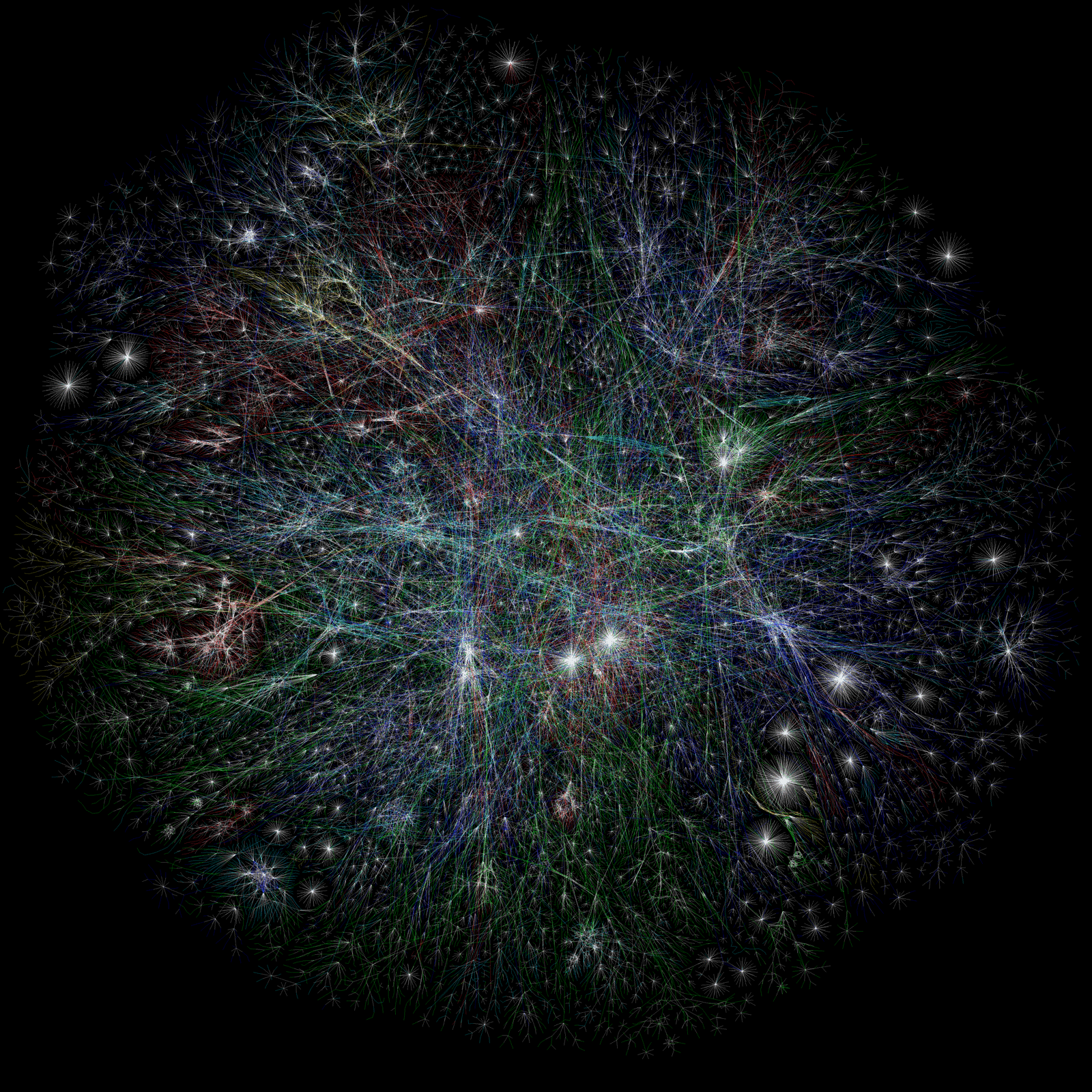
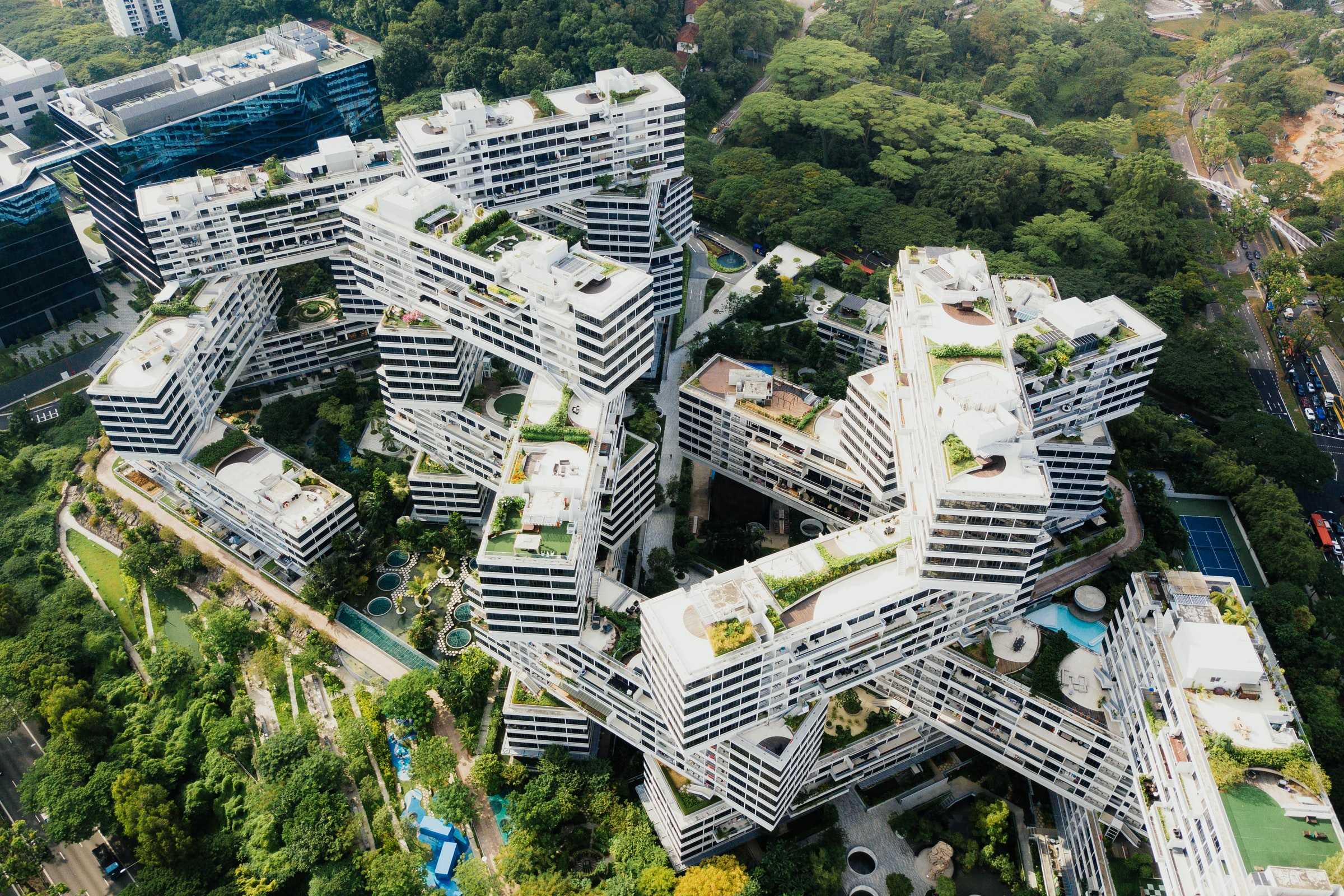
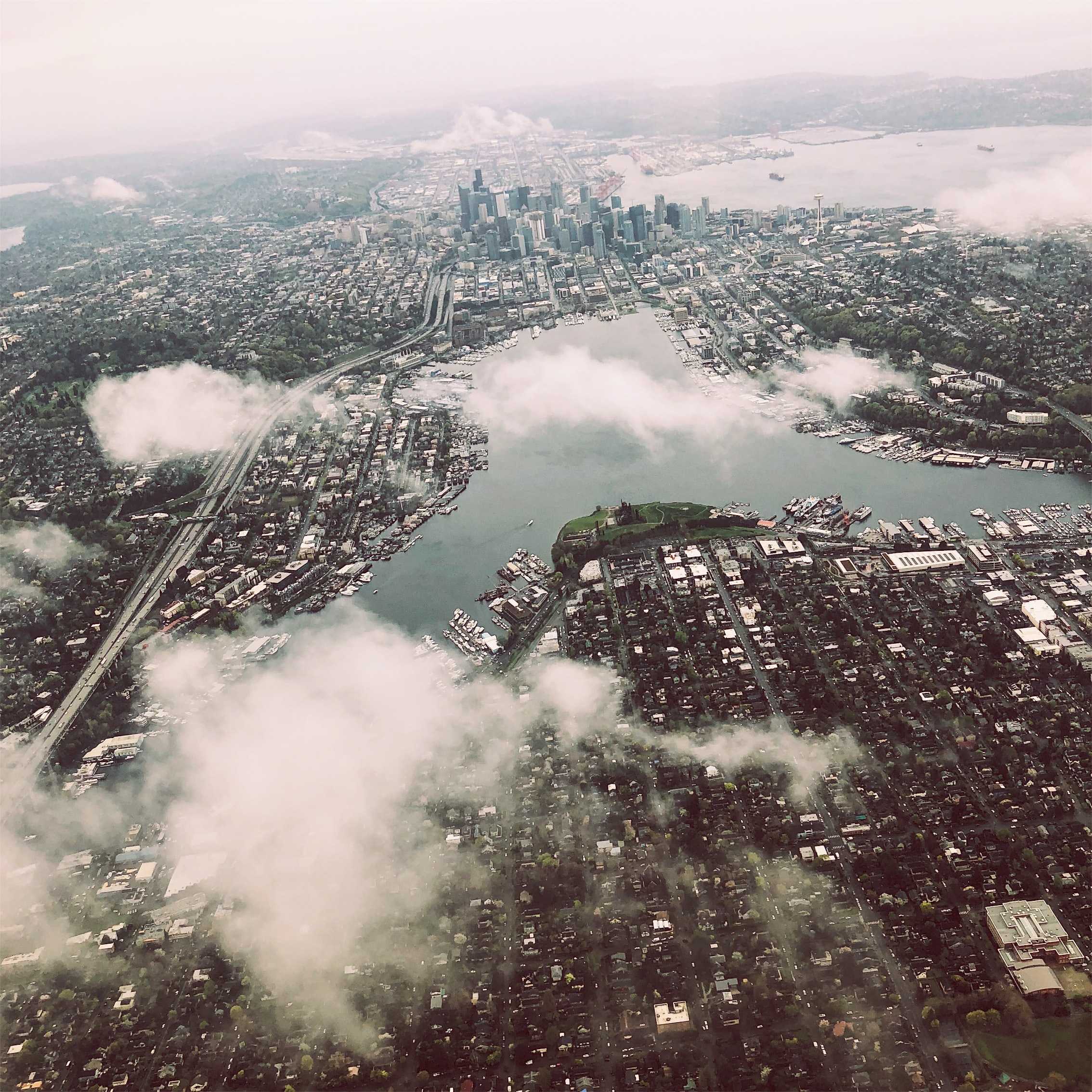

..png)

